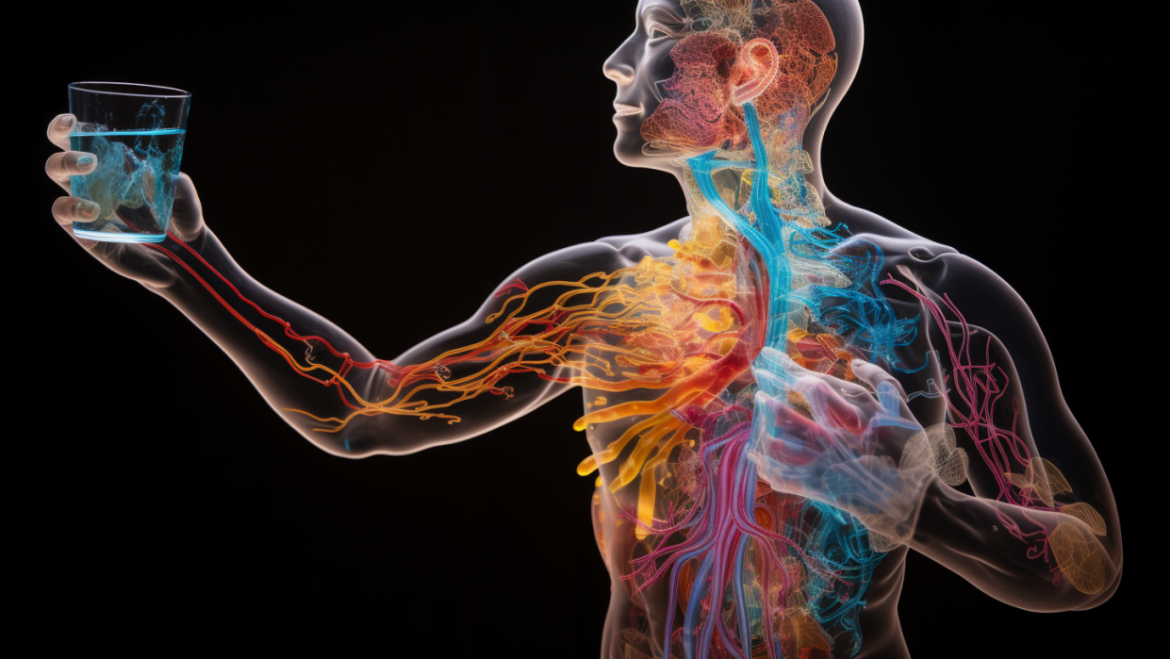We go into an enquiry that has been building among coffee connoisseurs and health enthusiasts alike in an effort to understand the influence that coffee has on our digestive system. Specifically, we are interested in the following question: Is it possible for coffee to give you diarrhoea? Our goal is to give a well-rounded view of this contentious issue by doing an in-depth investigation into the scientific facts as well as the perspectives of many experts. Our investigation travels through the chemical make-up of coffee, its impact on the body's physiology, and the personal testimonies of those who have experienced the choppy waters of coffee-induced pain.
The Chemistry That Goes Into Making Beer
It is vital, prior to delving into the meat of the issue, to have a firm understanding of the chemical composition of coffee, as this lays the groundwork for its interaction with our digestive system.
The Primary Involved Substance, Caffeine
Caffeine, the active ingredient in coffee, is famous for the stimulating effects it has on the body. It does this by stimulating the production of stomach acid, which in turn speeds up the digestion process. On the other hand, an excessive amount of stomach acid may cause gastrointestinal distress and even diarrhoea in certain people.
The Supporting Roles Are Played by Chlorogenic Acid and N-Alkanoyl-5-hydroxytryptamides
In addition to caffeine, coffee is full of chemicals that further increase the formation of stomach acid. These substances include chlorogenic acid and N-alkanoyl-5-hydroxytryptamides. The combined impact of these factors may make the laxative effect of coffee even stronger.
This is known as the Physiological Dance.
In order to examine the laxative effects of coffee, it is essential to have a solid understanding of the dance that coffee performs with our bodies.
The Secretion of Gastric Acid: An Introduction
As was previously said, coffee is known to encourage the production of stomach acid, which in turn may speed up the digestion process. This may result in diarrhoea in certain people, particularly those whose stomachs are sensitive to the effects of acidic meals and drinks.
Acceleration of the Peristalsis Process: the Main Act
It has been shown that drinking coffee may improve peristalsis, which refers to the involuntary muscular contractions that move food down the digestive system. An increased rate of peristalsis raises the risk that the body will not be able to absorb enough water from waste material, which may result in diarrhoea or loose stools.
The individual's story: each person is their own special blend of ingredients.
The way that coffee affects a person's digestive system is very individual, and the effects may range anywhere from mild to severe. While some people are completely unaffected by the condition, others could develop digestive disorders such as diarrhoea or other problems. This individual variation is due to factors such as variances in coffee tolerance, gastrointestinal health, and even the kind of coffee eaten as well as how it is prepared.
A Spectrum Reflecting Your Individual Cappuccino Tolerance
While some people are able to tolerate the effects of coffee better than others, others may find that even modest amounts of coffee cause pain in their digestive systems. It is essential to your comprehension of how coffee may influence your digestive health that you first determine where you fall on this spectrum.
Brewing Techniques and the Influence They Have
The impact that coffee has on the digestive system may vary depending on a number of factors, including the preparation process, the kind of coffee bean used, and how recently the grind was made. For example, cold brew coffee is often recommended as a more agreeable option for those who have stomachs that are easily upset.
Conclusion
The discussion on whether or not coffee contributes to the development of diarrhoea is as convoluted as the beverage itself. Although there are components in coffee that might cause the digestive process to speed up, which could result in diarrhoea, the individual's tolerance level and the manner in which the coffee is prepared both play key parts in this tale. The narrative of coffee and its impact on our digestive health is brewed using a complex combination of chemistry, physiology, and individual differences as the primary ingredients. By gaining an awareness of these complex interactions, people are able to make educated choices about their intake of coffee, therefore finding a balance between the pleasure of enjoying a cup of coffee in the morning and maintaining a digestive system that is peaceful and collected.




Add Comment